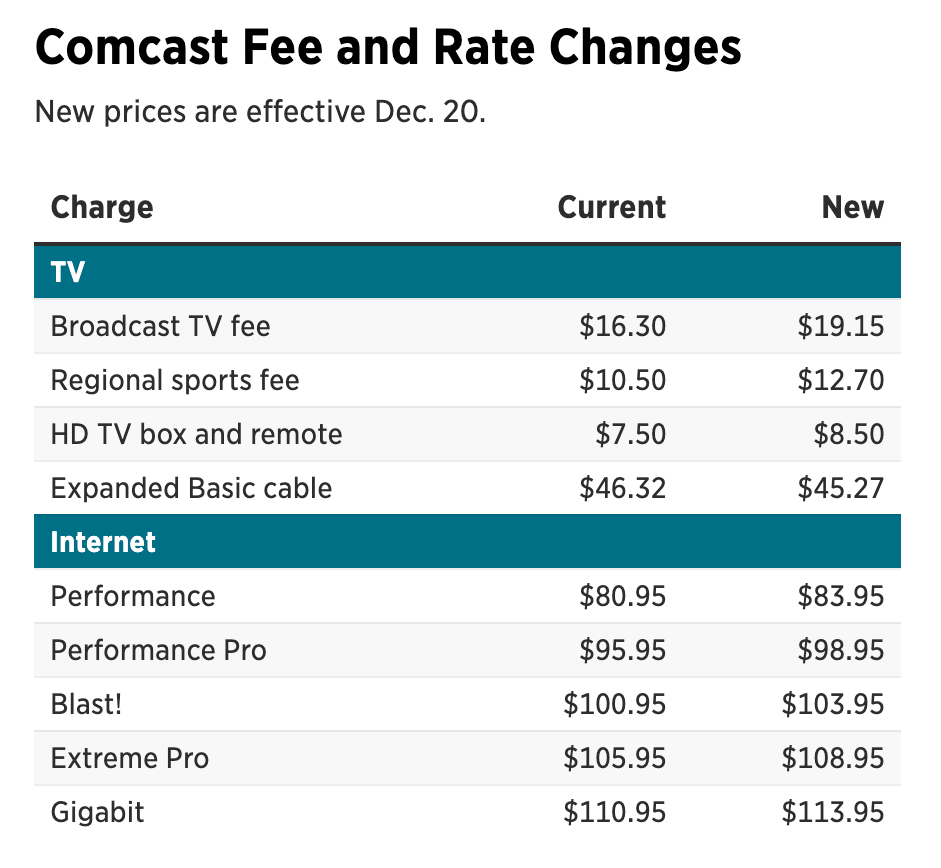Investigating the Benefits and Obstacles of Deploying Bulk Internet Services in Multi-Dwelling Properties
Wiki Article
Establishing mass internet services in multi-unit properties can deliver multiple benefits for property owners and tenants. Collective internet solutions denote high-speed online access that are offered to all dwellings within a complex at a flat price. This method can enhance the overall residential quality for residents by providing that all has access to consistent internet service. With the rising reliance on the web for work, learning, and leisure, having a stable connection is essential. Building owners can also profit from offering these solutions, as it can turn their properties more appealing to potential residents.

One of the main advantages of bulk online services is cost reductions. When online service is offered in mass, building owners can bargain improved prices with online connectivity providers. This can result in reduced expenses for residents compared to separate plans. Additionally, tenants do not have to think about setting up their own internet connectivity, which can be a lengthy process. Instead, they can experience instant availability of high-speed internet as soon as occupying. This simplicity can be a significant advantage for future residents, making the property more competitive in the leasing market.
Another advantage of collective internet solutions is better connectivity. In many instances, separate online links can cause slower speeds and unreliable connectivity, especially in bigger buildings where multiple residents are connected at the same time. Bulk services typically offer higher bandwidth, which means that all tenants can experience high-speed and consistent online access. This is especially vital for households with several devices or go to the website for people who are employed from their residences. A consistent internet connection can enhance productivity and total contentment for tenants, turning it a essential aspect of multi-dwelling unit buildings.
However, establishing bulk online solutions also comes with obstacles. One of the key issues is the first installation expense. Building managers may need to invest in infrastructure upgrades to facilitate rapid online across the building. This can include installing new wiring, routers, and other equipment. While these costs can be offset by the long-term reductions and enhanced property value, they can be a obstacle for some property owners. Additionally, ongoing maintenance and support for the internet service must be considered, as tenants will demand consistent connectivity and swift solutions to any problems that occur.
Another challenge is ensuring that the online connectivity satisfies the diverse requirements of every residents. Various residents may have different online utilization habits, from casual browsing to heavy streaming or playing. Property owners must partner with online service companies to confirm that the service can accommodate these varied needs. This may involve providing different levels of connectivity or extra features, such as wireless internet in shared spaces. Balancing the requirements of all residents while controlling costs can be a complex process, but it is essential for the effectiveness of collective internet solutions in MDU buildings.